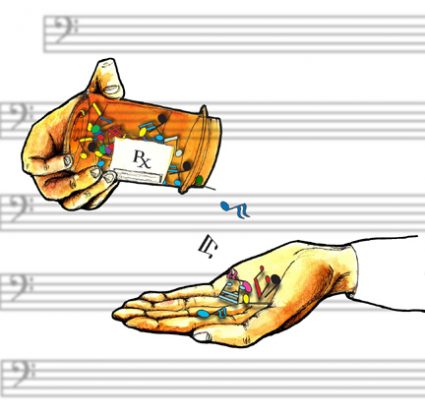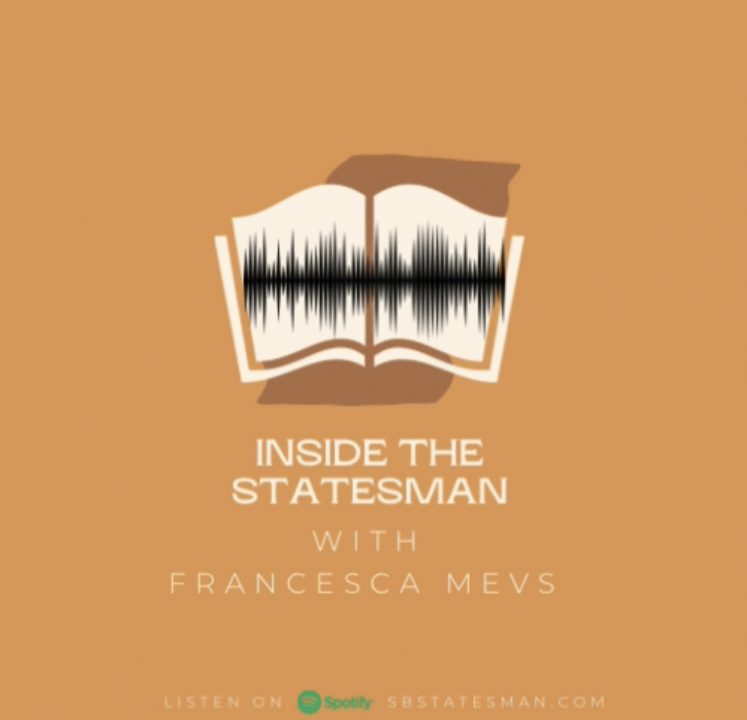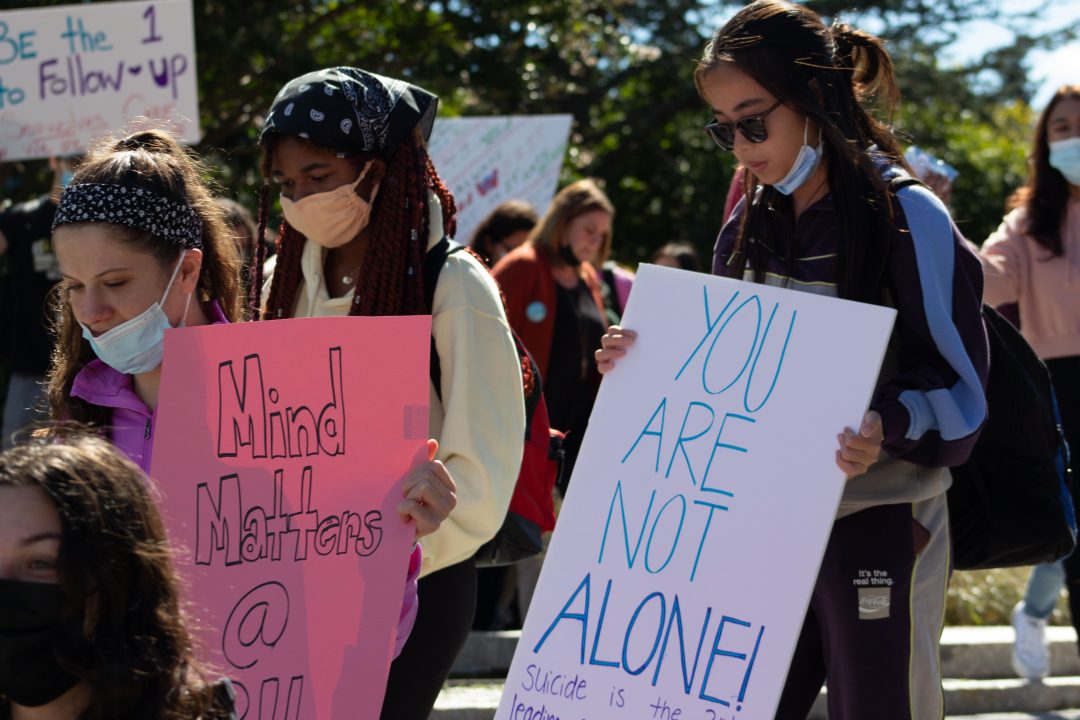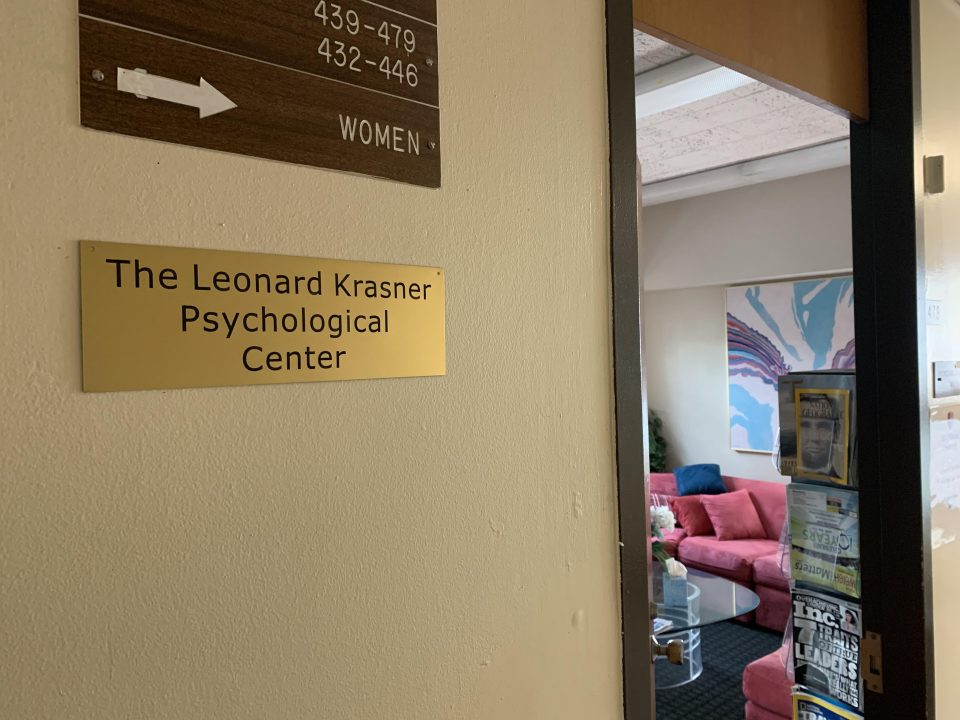
Along with the power to unite and divide society, music has the power to heal us.
While many people turn to traditional western medicine when sick or struggling with mental health challenges, the integration of music has long proven to help convey compassion and empathy to many facing health problems.
Music therapy first started as a profession in the 1940s and was used as a way to provide solace to soldiers recovering from trauma and PTSD. An array of professional and amateur musicians would visit veterans in hospitals around the country to perform for recovering soldiers. After the patient’s imminent response to music, nurses and doctors began to request their hospitals hire musicians to perform regularly. The first academic program based on music therapy was established at Michigan State University in 1944. While being a music therapist is a relatively new profession, the healing impact of music dates back all the way to writings from Aristotle and Plato. Since then, each year over 1.6 million people use music therapy to help them.
There are many different types of music therapy, but essentially it is healing your emotional and physical well-being through the use of sound. Some of this may include playing an instrument, listening to music, singing along, writing music, moving to the beat or meditating.
Some benefits of music therapy vary from improvement of memory to pain management, one study even shows the efficiency of music during the recovery of a brain injury. Some cases of music therapy have been proven more effective at reducing anxiety before surgery than prescription drugs. One specific type of sound healing is binaural beats. This method activates the brain waves to align to the frequency of the beat using the pulsing sound to help sleep, relax and increase focus.
Music therapy has even made its way to our campus. One student-run club on campus is dedicated to using music to heal. Music and Medicine is a community of people dedicated to bringing music therapy to those who are unable to attend concerts or live music.
Stephen Berg, a senior astronomy and physics major, has a real passion for the mission of music therapy.
Berg stated that they play music “for the purpose of helping [the patients] heal whatever pain they might be in. A lot of the places we go [to perform] are places like nursing homes, child care centers, veterans hospitals and the hospital in general back before COVID … they’re lonely, missing their family and we try to bring joy to them and heal through music. In its core that is what music therapy is to us. It is bringing music to heal people.”
Many students involved are science, technology, engineering and math majors hoping to spark creative solutions in others rather than scientific ones.
After participating in this club for three and a half years, Berg goes on to explain that he has personally noticed the effects of our performances.
“We would have people who would listen to us play and they would cry and they would laugh and they would talk to us and interact with us,” Berg said. “That in and of itself shows the kind of healing nature that we can provide, because if you give someone the outlet to express these emotions that they have been keeping inside like loneliness, pain and sadness. Giving someone that outlet is a really incredible thing… That is what we offer to patients and to people.”
The club’s next performance is taking place on Saturday, Oct. 23., starting at 9 a.m., at the Port Jefferson Health and Wellness Festival. The 26 current members plan to rehearse in the coming week and showcase their talent at the festival. The community is welcome to attend and show support for their first performance of the school year.


















